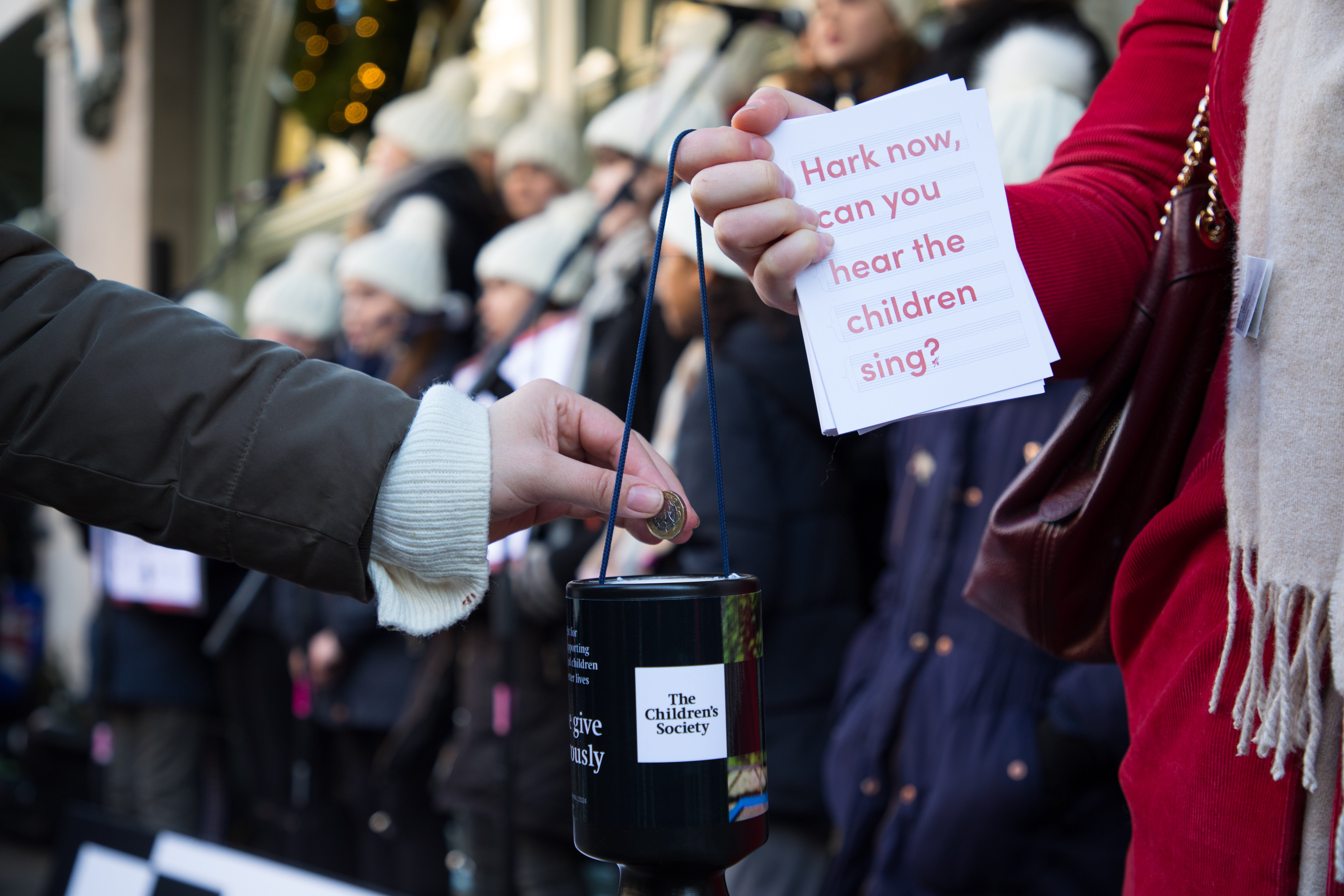Nearly 16,000 children to be exposed to domestic abuse over Christmas – charity
The organisation is calling for urgent change after calculations suggested a rise in the number of children impacted.

Your support helps us to tell the story
From reproductive rights to climate change to Big Tech, The Independent is on the ground when the story is developing. Whether it's investigating the financials of Elon Musk's pro-Trump PAC or producing our latest documentary, 'The A Word', which shines a light on the American women fighting for reproductive rights, we know how important it is to parse out the facts from the messaging.
At such a critical moment in US history, we need reporters on the ground. Your donation allows us to keep sending journalists to speak to both sides of the story.
The Independent is trusted by Americans across the entire political spectrum. And unlike many other quality news outlets, we choose not to lock Americans out of our reporting and analysis with paywalls. We believe quality journalism should be available to everyone, paid for by those who can afford it.
Your support makes all the difference.Nearly 16,000 children will be victims of domestic abuse over the Christmas fortnight alone, according to charity Early Intervention Foundation (EIF).
The not-for-profit, which advocates for effective early intervention to improve the lives of children and young people, said over the course of the past year nearly 260,000 children were identified as being vulnerable to abuse at home.
Of those, the foundation estimates that 3.2% are under-11 and 2.5% are between 11 and 17.
The charity’s chief executive Dr Jo Casebourne says this equates to 15,948 over the two-week festive period, which would be a rise from 15,006 the previous Christmas.
The estimated rise over the holiday period, coupled with the highly publicised murders of Arthur Labinjo-Hughes and Star Hobson at the hands of their caregivers, have prompted advocates to beg for crucial change.
Dr Casebourne is calling for a national strategy on child vulnerability, supported by substantial, long-term investment in early intervention services to ensure children continue to be put “front and centre of future decisions about spending and services”.
She added that there had been a decline of 48% early intervention funding, “while money spent on later, costlier, and higher-intensity interventions — such as youth justice, looked after children’s services and safeguarding — increased by 34% to £7.6 billion”.
Dr Casebourne said: “Many children are in homes where there is problematic alcohol or drug misuse, or serious and continuing issues with parents’ mental health. Nearly 185,000 children were identified as children in need on account of parental drug or alcohol problems, and more than 157,000 owing to their parents’ poor mental health. These numbers are worryingly high.
“Beyond the immediate risks to their health and wellbeing, growing up facing a range of persistent adversities can have a huge, negative impact on a young person’s future. A person who has a parent who misuses drugs or alcohol is themselves more than two and a half times more likely to misuse drugs and alcohol in adolescence and adulthood.
“A child experiencing mental health problems when they’re young is two to three times less likely to achieve five good GCSEs The use of physical punishment in early childhood is associated with conduct problems when children are older.
“And children who have experienced domestic abuse are significantly more likely to experience abuse in their own adult relationships, to misuse drugs or alcohol, and to have lower levels of wellbeing.”